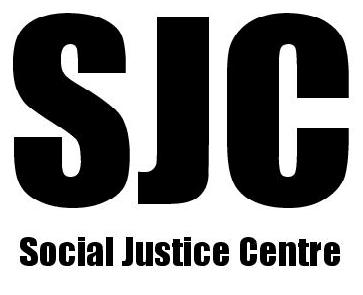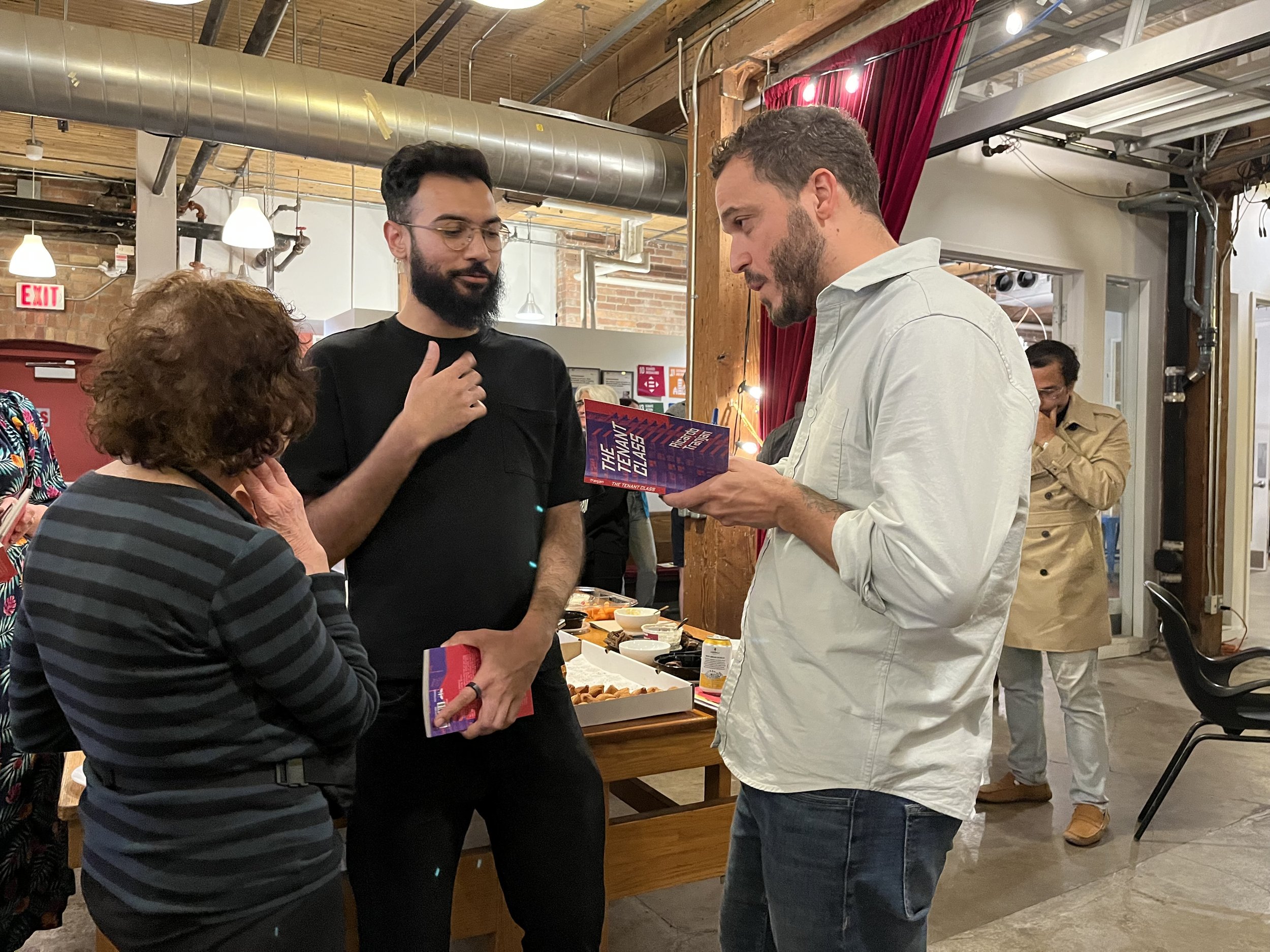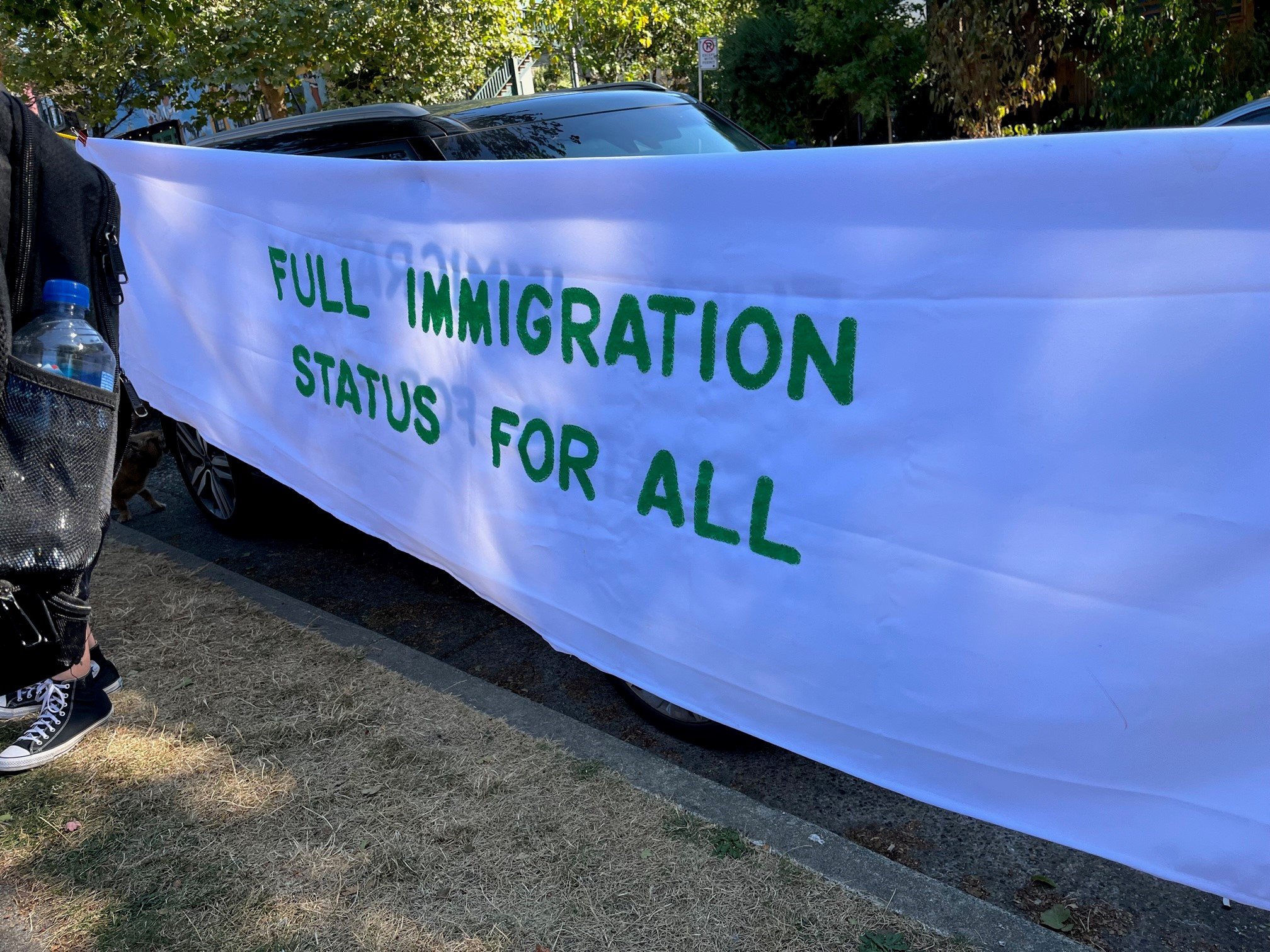By Jeff Shantz
The present period of neoliberal capitalist offensive is one of dispossession, displacement, and containment of growing numbers of working class people, and requires militant opposition. On Saturday, May 19, 2018, 100 or so people gathered in Fir 128 on the Surrey campus of Kwantlen Polytechnic University (KPU) for the Symposium on the Struggles of Homeless, Urban Poor, and Internally Displaced People, an event that I hosted at KPU, to analyze and strategize community self defense against the attacks on poor people.
Participants included members of several community resistance groups, including the International League of Peoples’ Struggles (ILPS), the Vancouver Area Network of Drug Users (VANDU), Migrante, the International Workers Centre of Montreal (IWC), the East Indian Defense Committee, THAW-Victoria, the Anti-Colonialist Working Group of Kitchener-Waterloo, Our Homes Can’t Wait, Chinatown Action Group, Pacific Rim Solidarity Network, Chinatown-International District Coalition (Seattle), Youth Undoing Institutional Racism (Seattle), Grassroots Women, Surrey People Power, and the Critical Criminology Working Group.
The aim of the symposium was to learn from united anti-imperialist poor peoples’ movements. Panels included “Developing anti-imperialist positions on criminalized industries” and “Resisting the fascist containment state.” There were multi-participant roundtables on experiences of informal, unpaid, and precarious and criminalized work, and on poor peoples’ resistance to gentrification and displacement. These emphasized the experiences of criminalized people and community organizers.
A central focus of the panel on criminalized industries was the drug war as a mechanism of control and regulation of poor and working class people. It was emphasized that the drug trade is a global imperialist structure. It is not poor people from the Downtown Eastside who are bringing drugs into the country, as Hugh Lampkin of VANDU pointed out.
The global context is essential in understanding criminalized labor. This is a context of dispossession, landlessness, and global chains of labor. It is a context of occupation, militarization, and imperialist wars of aggression. It was noted that according to author Samir Amin, there are still three billion people engaged in peasant farming and they are being proletarianized—removed from their lands. Military, as in Canada, are increasingly engaged in “investment defense”—straight up security service for capital (in extractives, extreme energy projects, etc.). We can see this in defense of projects like the tar sands developments. And we should remember that a young Indigenous man, James McIntyre, was killed by the RCMP for opposing the Site C dam in so-called British Columbia.
Speakers from Migrante and the IWC noted that migrant workers are treated like import commodities, like pineapples or coconuts. They are moved around according to the needs of capital in specific markets.
Discussions developed notions of super-exploitation. All work for capital involves exploitation, the extraction of surplus value from workers for capital. Super-exploitation denies freedoms available to other workers, such as the freedom to move or change contracts. This can include contractual obligations to bosses or debt bondage. Work permits allow for super-exploitation. Movement is tied to specific employers. Under conditions of super-exploitation pay is below what is needed to survive.
Speakers from VANDU emphasized that peers are essential community health workers. They provide necessary health services. But they are not paid like other health care workers (or paid at all). The distinction was clearly made between peers who work through trust versus professionalized services that work with police.
Flora and Vince of Our Homes Can’t Wait affirmed that militant street action works. They noted that if you engage in negotiations with powerholders they take things away from you. They discussed the recent occupation of City Hall in Vancouver.
Jannie Leung of Chinatown said we always need to ask: “How does gentrification affect peoples’ material conditions?” They noted that relationships are intergenerational and connections are important, The youngest member of Chinatown Action Group is 14, the oldest IS 108. Leung argued that in our actions and campaigns we need to expose a class enemy (a developer, for example) and develop a class analysis. We need to have demands that build class power. Demands need to show what a better world or actual liberation can look like. Choosing campaigns is always strategic.
Organization is necessary to help people to fight exploitation and oppression. To provide essential services. And also to fight off assaults from employers and police.
Martha Roberts of Surrey People Power stressed four organizing points. First, the need to organize the working class on a class basis, across divisions of legitimized and criminalized labor. Second, bourgeois law is not an instrument of liberation. The more police, the less you are protected. Third, the need to address slavery within super-exploited labor. Fourth, the essential need to fight for wealth redistribution now. As one presented image suggested: Defend communities, defund police.
On the whole this was a powerful day of organizing energy and ideas. It is the sort of event much needed in Surrey. I look forward to participating in more such organizing and strategy sessions at KPU.













